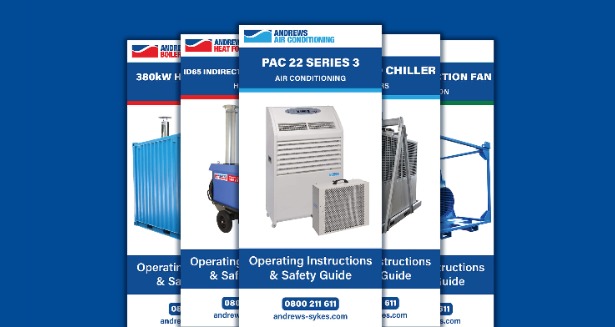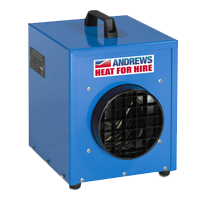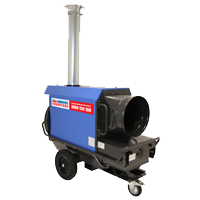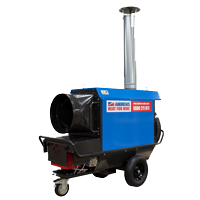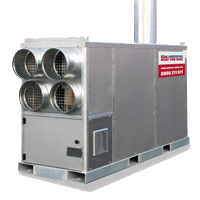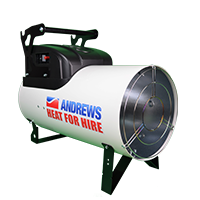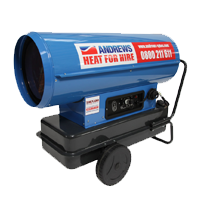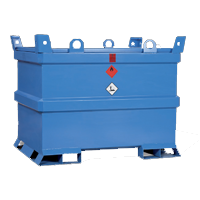What are the differences between direct and indirect fired heaters?
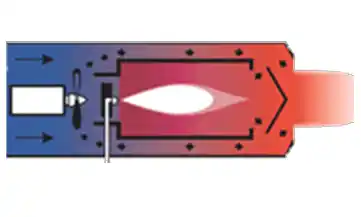
Direct Fired
Andrews direct fired heaters – These compact, robust, fully portable heaters are best for places that need large volumes of warm air, such as factories, warehouses, farm buildings, construction sites, concrete batching plants and industrial facilities. Our direct fired heaters can be used with either, 110 volt or 240 volt electrical supplies. As with all direct fired heaters, they must have permanent ventilation to the outside environment. They are not suitable for marquee uses, or environments where flammable materials are stored or where people are in close proximity. If you are in any doubt please call 0800 211 611 for assistance in choosing the right heater for your needs. With direct fired units the products of combustion remain in the area being heated and therefore a high level of natural ventilation is essential.
Click here to view our Direct fired Gas Heaters and Direct Fired Oil Heaters.
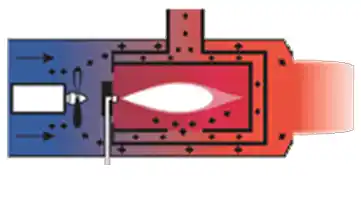
Indirect Fired
Indirect fired heaters – these are sophisticated, reliable and highly efficient heaters, they are ideal for places where there’s limited ventilation, or where people are present, as they deliver huge volumes of clean, dry, fume free heat safely and economically. Indirect fired heaters are widely used in the event industry to heat marquees and temporary structures, keeping guests warm without any noise, smells or fumes. These units are also used where delicate and combustible materials are being stored, being indirect they keep the flame separate from the air flow. On construction sites, indirect fired oil heaters are very popular as they provide clean dry air to assist with frost protection, whilst accelerating the drying process. These units are often successfully used in warehouses, factories, marquees, temporary structure, oil refineries, building sites and sports events. Indirect fired units can be positioned outside of the area requiring to be heated with the hot air ducted in via flexible ducting, or alternatively they can be positioned within the heated area with the fumes and exhaust ducted outside via a flexible flue.
Click here to view our Indirect fired gas heaters and Indirect Fired Oil Heaters.
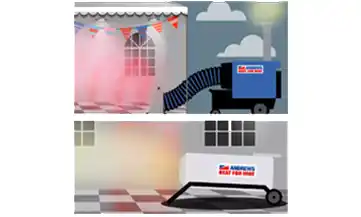
Our Service
A free site survey by an Andrews heating specialist will help you work out exactly what model and set-up is right for your location and application.
For health and safety reasons, it is essential that you choose and operate the right type of heater for your location and application. We will be pleased to advise you on the safest and most appropriate heater(s) to use.
All direct fired heaters require permanent ventilation to the outside atmosphere and it’s recommended to allow a minimum of 6.5cm² for every 293W of heat input.
Call us on 0800 211 611 for help and advice or more details.


